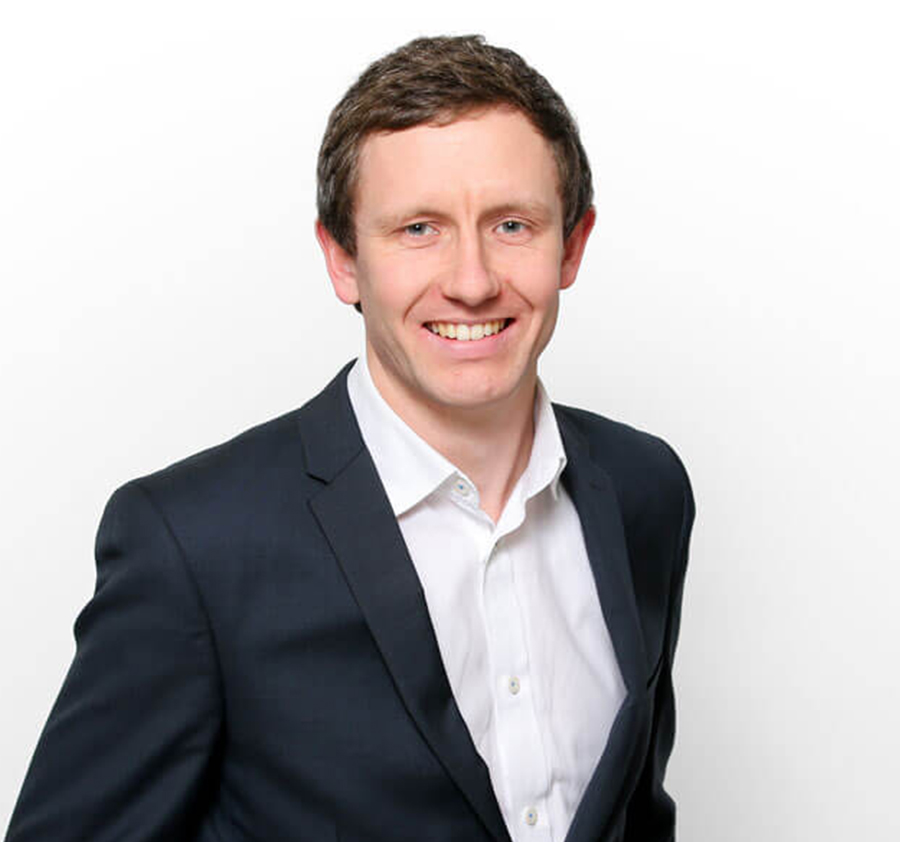About Richard Maclennan: I’m Richard, before joining Appleyard Lees and training as a patent attorney I worked as a senior research scientist/study director on an EU research project. My role involved managing a number of different projects and experiments that were continuously producing data that needed to be reported to various stakeholders across Europe. From the first day working in my previous job I was given the overall responsibility to organise and run the projects in the way I saw best. This is not how most people’s first months as a trainee patent attorney usually go!
On day one as a trainee patent attorney most people are bewildered by a range of acronyms (PCT, WIPO, EPO, USPTO, OA, ISA, IPRP… etc.) and law that on first reading makes no sense. In addition to the bewilderment are the ramifications of making a mistake. As a senior research scientist or study director most mistakes caused only mild embarrassment and minor cost implications and could usually be quickly rectified with an email or a follow-on experiment to make amends. The ramifications of making a mistake as a patent attorney can be the irretrievable loss of a client’s granted patent or patent application. A quick email won’t fix it! A patent and other IP rights can make the difference to a company gaining the investment required to continue in business.
Initially as a trainee you are not given responsibility over patents or patent applications. The responsibility lies with the qualified attorney for whom you are working. They have passed the exams and the buck ultimately stops with them if something goes wrong. It’s comforting to know that there is someone who knows what they’re doing reviewing your work and helping you learn. As you gain experience more responsibility is gradually transferred to you until you are working independently but still under the supervision of a qualified attorney.
The process of training to be a patent attorney and the reduced initial responsibilities felt strange after having a job in which I felt fully qualified. It was a big adjustment at first, but the initial period of reduced responsibilities meant it was less stressful and easier to learn without the risk of any mistakes having any major consequences other than the usual embarrassment.
Now I am more experienced the initial lack of responsibility has been replaced by managing deadlines and client work in the same way a fully qualified attorney would all the while still under the supervision of a fully qualified attorney. This process of training ensures that when you finally qualify as a patent attorney you are ready to work independently and manage your own clients and work. Having said that, there is always someone more experienced who is more than willing to give a helping hand if you get stuck!








